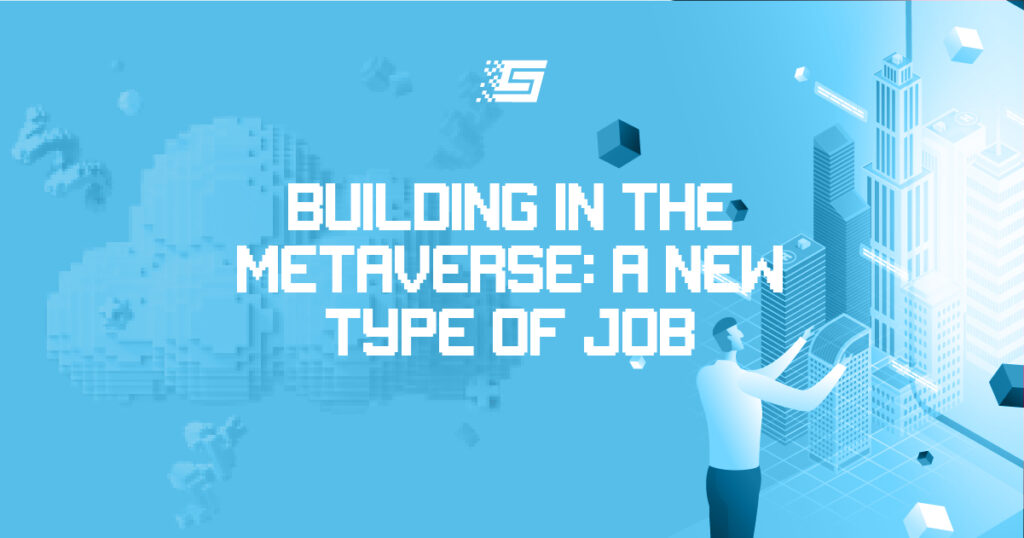Metaverse Regulations: How does it affect you?
The metaverse is a shared space where humans can have day-to-day interactions as they do via the internet. The government is very much involved in the affairs of telecom companies, online news media, and social media platforms. Indeed, there is no doubt that state authorities will also have a say in what happens within digital worlds.
Considering the extent to which the metaverse can affect our daily lives, many people will agree that regulations should be in place in the metaverse. However, others may have questions like, is it necessary to regulate the metaverse? Should it not be a free space where all virtual activities are allowed?
This article will discuss such questions and explain why metaverse regulations might be a necessity. Also, it will analyze a few ways in which potential metaverse regulations can affect users and builders.
Metaverse Regulations: Are they essential?
Before considering the possible laws governments will impose on virtual worlds, we should understand why those laws need to be in place. Many believe the metaverse should be a free space without restrictions or limits. However, such a setting will pose a threat to the average user.
Lessons from the crypto industry
Take the crypto space as an example. While there are tax laws that apply to crypto assets, much of the industry is not regulated. Therefore, anyone can create a coin or token, give it some name and issue it out for the public to trade. The result of that has been manipulations, several token scams, and the crash of large crypto projects.
For instance, in May 2022, the Terra blockchain and the Luna coin went from a leading crypto asset to nothing. Likewise, investors recently discovered that the third-largest crypto exchange, FTX, had no valuable asset backing. As soon as they pulled out, FTX became insolvent, and millions of its users lost billions of dollars.
If the crypto industry was regulated by international standards, it might have been easier to prevent Luna and FTX’s crash. Regarding digital asset regulation, U.S Senator John Boozman said,
“The events that have transpired reinforce the clear need for greater federal oversight of the digital asset industry. That has been our goal since we began drafting the Digital Commodities Consumer Protection Act of 2022.”
What could that mean for the metaverse?
Regulating the metaverse could protect everyone from data breaches. It will also mandate builders to use the best cyber security measures.
In a situation whereby there are no strict metaverse regulations, there will be chaos and multiple implications. You could wake up to the news that the metaverse platform where you have set up a virtual office was hacked, and all your work data are in the wind without anyone to answer.
At the same time, anyone can launch a virtual world and sell virtual lands or other promising assets. If such persons were to crash their metaverse platforms, they could make away with people’s investments.
While a few provisions in international laws and standards guide the creation of metaverse platforms today, the laws are not explicit. So, some metaverse builders or users might not comply with these laws or find ways to cut back on them.
The metaverse is an alternate reality or a simulation of the physical world with no geographical barrier. Therefore, the laws, freedoms, and rights that protect people physically should also be available to protect them in the metaverse.
Metaverse Regulations that will protect builders and users
Identity
Managing user identity is key to protecting them. Hence, state agencies could mandate metaverse platforms to create improved identity methods. Today, a large number of social media accounts are bots. So, identity systems are necessary for developers to ensure that the digital worlds they create are inhabited by humans, not bots.
Also, user verification will help to ensure that one person maintains only one account. Note that the current means of identity will not be enough in the metaverse.
If people were to log in with phone numbers or other traditional means, then they could create multiple accounts, fake their identities, and even impersonate others. Blockchain metaverses use wallets and emails to identify users. This form of identity is also not reliable.
Using Biometric methods like fingerprints and facial recognition, each person will only have one account. Moreover, a close friend or family will not have access to such an account and cannot use it unless authorized.
Copyright and Consumer rights
You can protect your work by obtaining a patent when you invent or create in the physical world. However, such rights or laws seem to be absent in virtual worlds. There are already some disputes regarding copyright in the NFT sector. Such disputes will increase if no metaverse regulations are protecting intellectual property.
For instance, if a company opens a virtual store on a metaverse platform, the host platform must prevent other users from creating a look-alike of such a store. This measure is vital, so buyers do not visit and patronize fake virtual stores. Further, regulations are needed to ensure that anyone creating a virtual store to sell physical goods can verify that those goods are available physically.
Asset Ownership
People can purchase and own virtual assets as they do in the case of tangible or traditional assets. Yet, metaverse regulations might solve specific issues with virtual assets.
One such issue arises when a metaverse platform decides to cease its operations. In that case, the common possibility is that people lose their assets and money. Even when that asset is stored in the owner’s wallet (e.g., virtual lands and NFTs), they become worthless when the issuing platform folds up. Accordingly, regulators can mandate virtual worlds to insure the value of assets they issue or develop other laws that protect people who buy metaverse assets.
Furthermore, if the metaverse becomes a regulated industry, virtual assets will be under the SEC’s control. Thus, users will be protected when buying, selling, or transferring a virtual asset in the metaverse.


